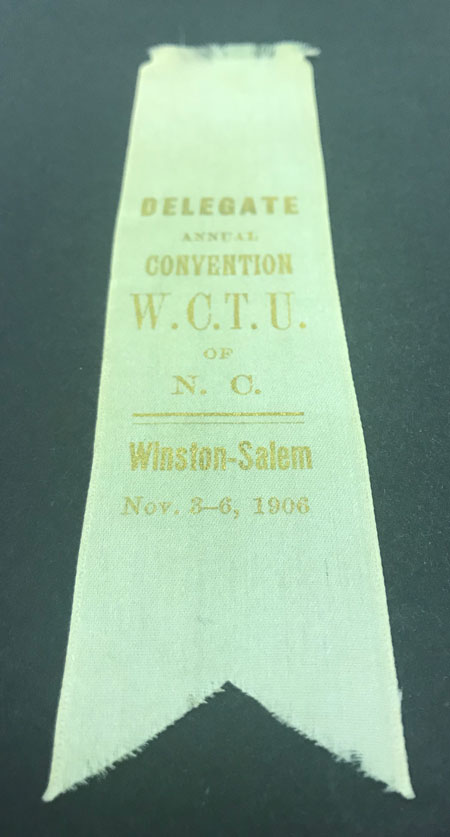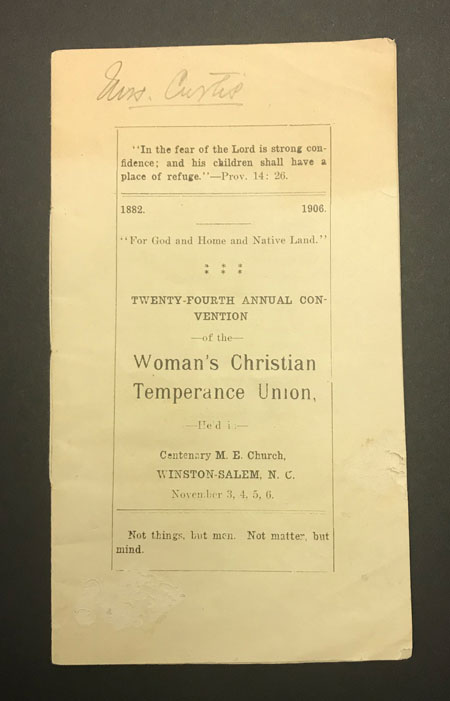“On June 1, 1925, the Chief Justice of North Carolina in an address to the bar of Wake County, assembled in Raleigh, said: ‘The best friend you have is the law of North Carolina. It protects you before you are born, it surrounds and shields you as long as you live, and it stands sentinel and guard at your tomb.’
“In this sonorous phrase we have the theory of the law.
“On June 1, 1925, in Wake County, one mile from Raleigh, a sergeant of the plain clothes department of the city police, in the presence of the chief of police, without warning, shot and killed S. S. Holt, a prominent lawyer from an adjoining county, as he was returning home from arguing a case in the United States District Court. The only justification advanced for the officer was that Holt’s car had stopped for a moment on the roadside and this made him jump to the conclusion that it was carrying liquor, a judgment, as the event proved, entirely unjustified by fact.
“In this coldblooded taking of human life, we have an important phase of the practice of the law. For thus nowadays in North Carolina is the citizen’s ‘best friend’ apt to operate….
“With Prohibition enforcement to point the way we are rapidly approaching a time when we shall have a government of men — and of such men! — and not of law at all….”
— From “These Things Doth the Lord Hate” by J. G. de Roulhac Hamilton in Virginia Quarterly Review (Spring 1926)
I’d be interested in learning the outcome of the Holt case — anyone able to dig that up?


